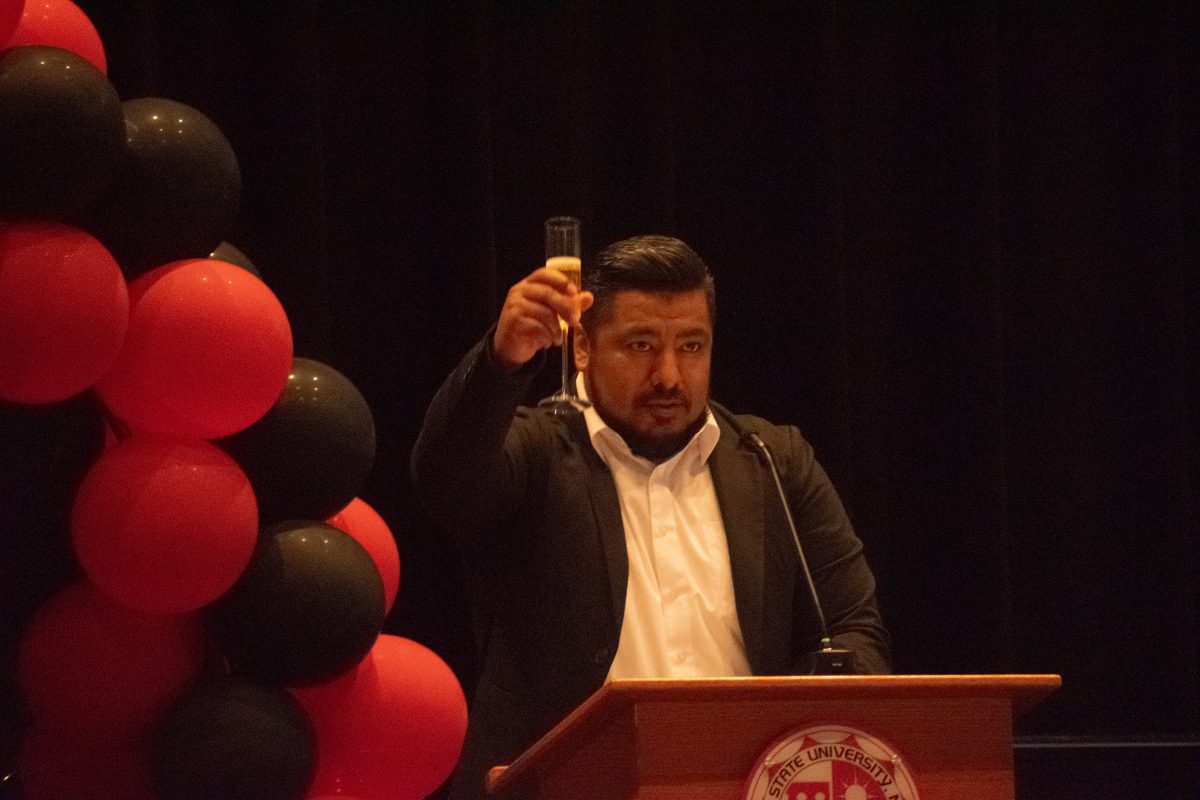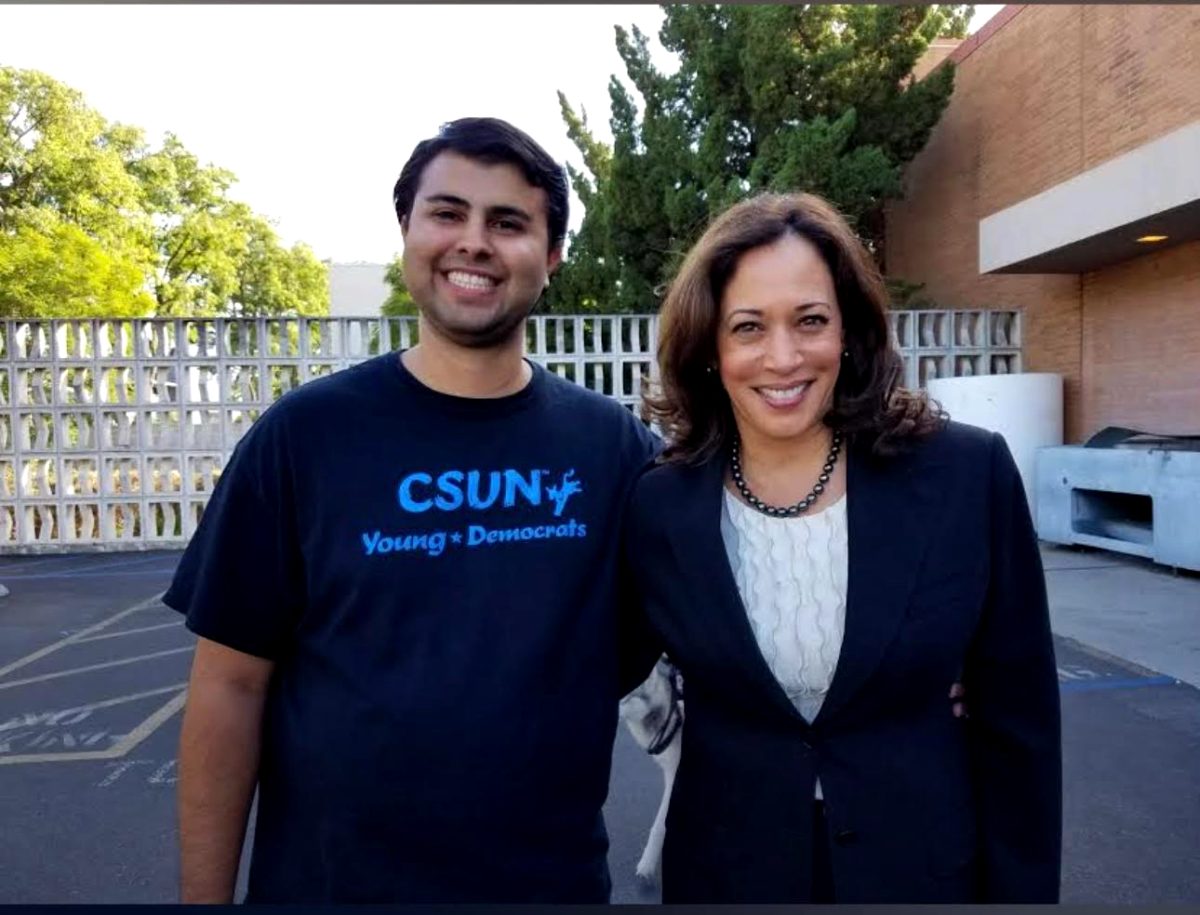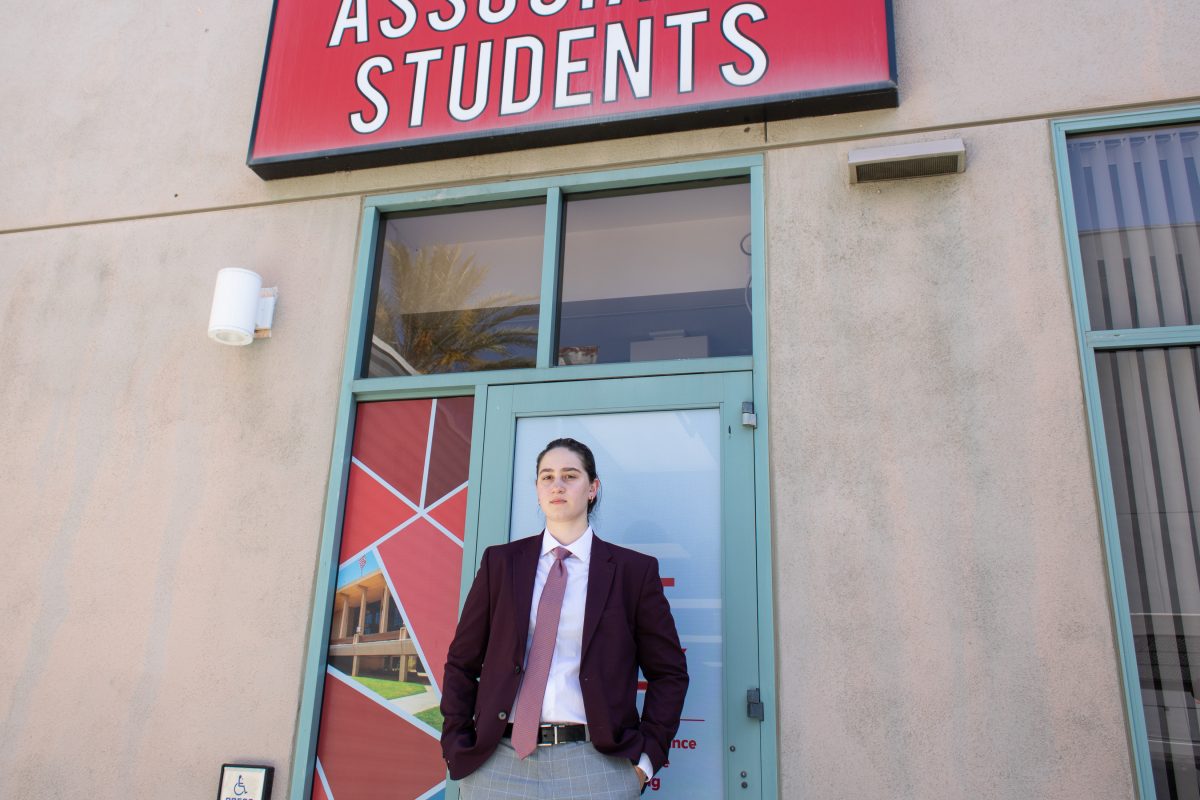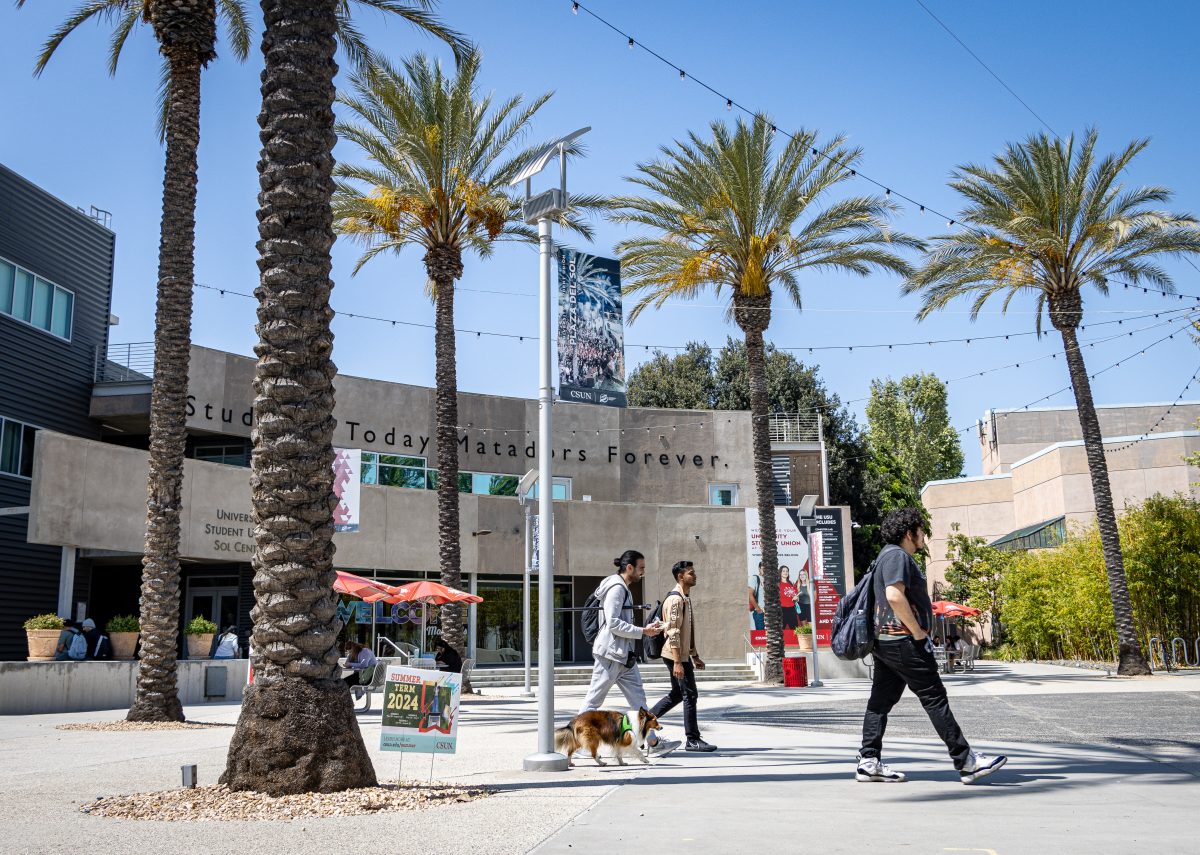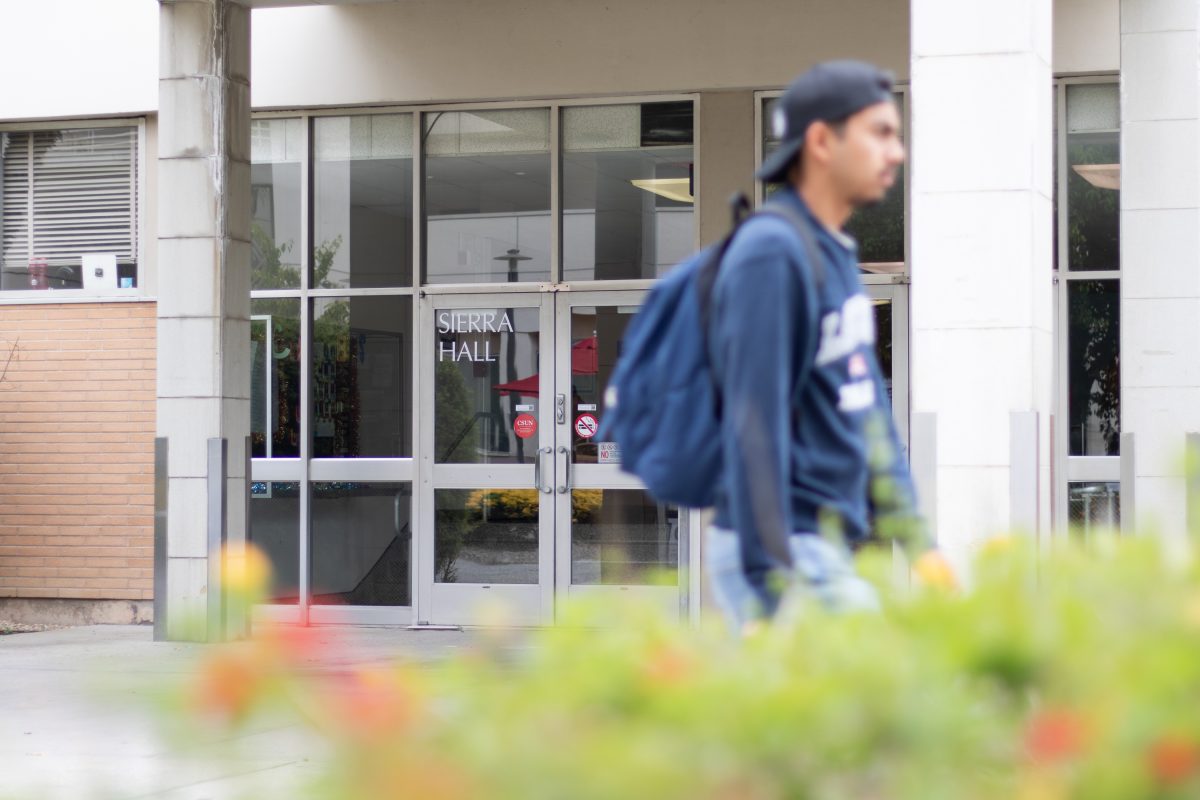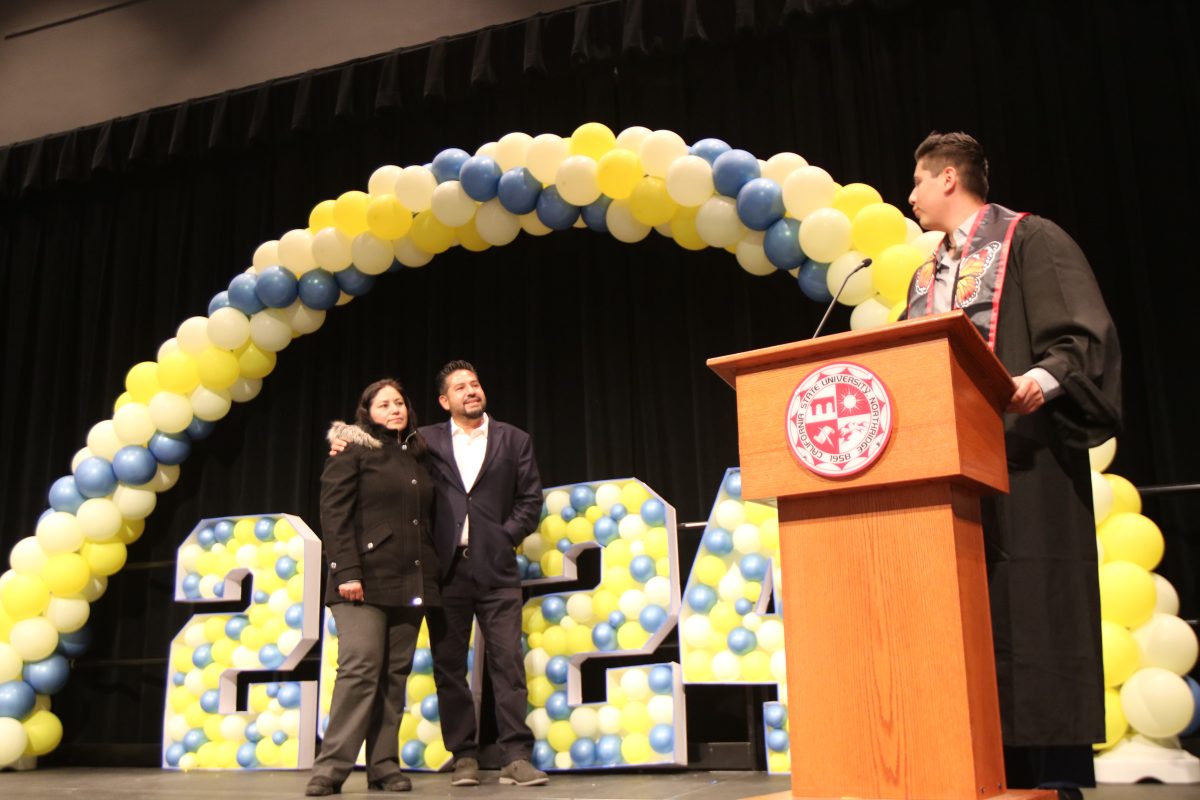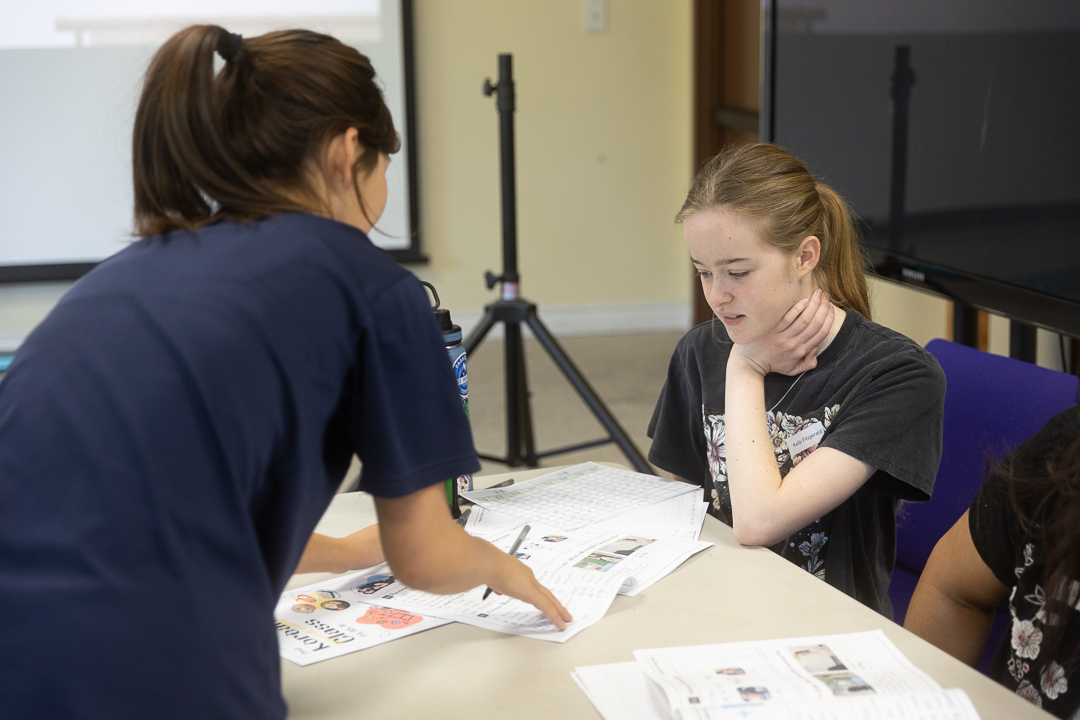Students attempting to fill out the 2024-25 Free Application for Federal Student Aid (FAFSA) have been met with a troubling error if their parents and/or contributors don’t have a Social Security Number (SSN). For these mixed-status families—where family members’ citizenship statuses are not all the same—the FAFSA process has become increasingly complicated.
As of Feb. 23, the U.S. Department of Education (ED) offered an official acknowledgment of the error in their 2024–25 FAFSA Updates, vowing to resolve the error by “the first half of March.”
Students with approaching deadlines, however, were directed to follow the instructions to a temporary “workaround” to meet the identification requirements necessary to create a StudentAid.gov account.
On March 6, a press release from Senator Alex Padilla’s newsroom detailed a call to action led by Sen. Padilla and Senator Bernie Sanders — along with the support of 24 additional Senators — in a letter addressed to the U.S. Secretary of Education Miguel Cardona.
The letter demands a quick resolution to the FAFSA error; the Senators said they wanted a comprehensive response from the ED by March 12. In the letter, the Senators requested a timeline, a method for addressing misinformation, and details about how the ED will communicate resources to “all impacted stakeholders, including students in underserved communities and rural areas.” The Senators also suggested the ED develop a “Frequently Asked Questions” feature to help students navigate FAFSA’s intricacies.
The ED announced another FAFSA update to 2024–25 FAFSA Updates on March 8, two days after the Senators’ call to action. This time, the ED directed students to follow another set of instructions if their contributors were without an SSN. It offers an alternative to SSN identity verification by way of additional “knowledge-based questions.”
However, students are told that if the questions are answered incorrectly, they will have to begin a “manual verification process” that requires the student or contributor to provide a combination of several identification documents such as driver’s licenses, utility bills, passports and a signed attestation form.
Even if accounts are created successfully using any one of these alternative methods, the solution is still an incomplete one, as the StudentAid.gov account creation instructions warn: “Accounts created without SSNs have limited functionality.”
Sen. Padilla’s newsroom press release also acknowledged the shortcomings of the 2024-25 FAFSA form and how they undermine two pieces of earlier legislation, such as the 2020 FAFSA Simplification Act and the 2019 Fostering Undergraduate Talent by Unlocking Resources for Education (FUTURE) Act.
“The new FAFSA application was supposed to become more efficient and simpler for students to fill out,” stated the Senators’ letter.
Despite the legislation aimed at simplifying the form, this error has caused the application process to be more time-consuming for students and contributors. The 2024-25 FAFSA form soft launched on Dec. 30, 2023, but as of the March 6 press release, “…contributors without SSNs still cannot complete their part of the application.”
While it is unclear what the exact effects of the error will be in the long term for students, delays in account creation and successful form submission could impact the amount of financial aid that a student receives. In a CalMatters article about the FAFSA error, Mikhail Zinshteyn writes “(the) typical low-income student…stands to lose as much as $14,000 in-state tuition waivers known as the Cal Grant and $7,400 through the federal Pell Grant.”
The uncertainty surrounding how much aid a student will receive throws a wrench in early decision-making and higher education planning.
This crucial part of the higher education process continues to cause delays for students, causing anxiety and stress for both students and contributors, who face fast-approaching deadlines and are still unable to create an account. Even if students follow the directions outlined by the ED to create an account using their alternative methods and workarounds, they are required to spend more time on the FAFSA and provide more documents than students who do not come from mixed-status families.
As of March 11, the ED has yet to respond beyond multi-step workarounds that are in line with the Senators’ demands.





